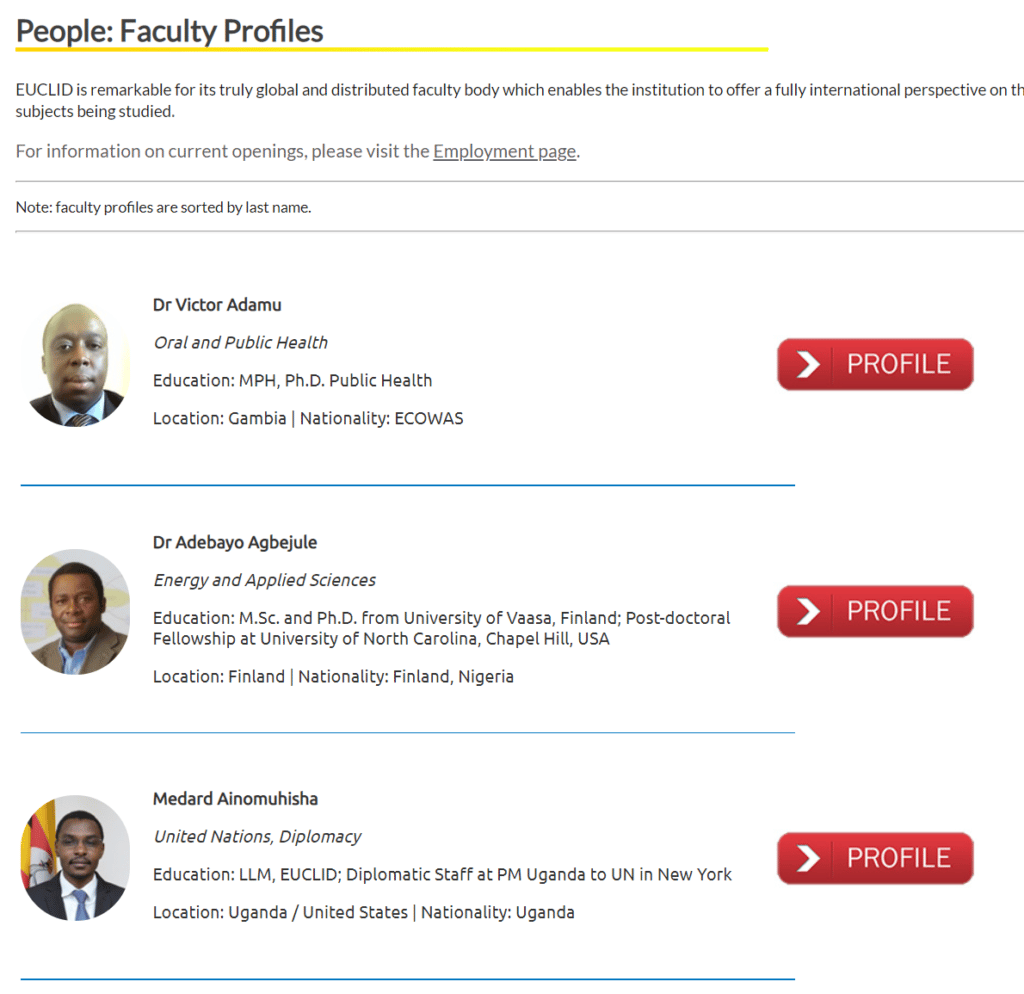This graduate-level course on Solar Energy is designed to provide students with a comprehensive understanding of the principles, technologies, and applications related to harnessing solar energy for sustainable power generation. Solar energy is a rapidly growing field, and this course aims to equip students with the knowledge and skills necessary to address the challenges and opportunities in the solar energy sector.
Course Objectives:
Upon successful completion of this course, students will be able to:
- Understand Solar Energy Fundamentals: Develop a deep understanding of the fundamental principles of solar energy, including the solar radiation spectrum, the photovoltaic effect, and the behavior of solar cells and panels.
- Analyze Solar Resource and Site Assessment: Learn to assess the solar resource potential at a given location, taking into account factors such as climate, geographical location, and shading.
- Design and Evaluate Solar PV Systems: Gain the ability to design and evaluate photovoltaic (PV) systems, including system sizing, component selection, and efficiency optimization.
- Explore Solar Thermal Technologies: Explore various solar thermal technologies, such as concentrating solar power (CSP) systems and solar water heating, and their applications in electricity generation and space heating.
- Understand Solar Integration: Examine the integration of solar energy systems with existing power grids and energy storage technologies to ensure reliable and efficient energy supply.
- Address Economic and Environmental Aspects: Analyze the economic feasibility of solar energy projects, considering factors like return on investment, incentives, and subsidies. Evaluate the environmental impacts and benefits of solar energy compared to conventional energy sources.
- Critically Evaluate Solar Policies: Assess government policies, regulations, and incentives related to solar energy at the local, national, and international levels, and understand their impact on the solar energy industry.
- Communicate Effectively: Develop the ability to communicate technical concepts, findings, and recommendations related to solar energy effectively, both in writing and orally.
Prerequisites:
Completion of undergraduate coursework in engineering, physics, or a related field is recommended. Familiarity with basic principles of thermodynamics and electricity is advantageous.
- Credit value: 3-6 (US standard) | 6-12 (ECTS standard)
- Indicative duration (full-time): 4-10 weeks
- Indicative duration (part-time): 5-12 weeks
- Certificate: Yes
COURSE METHODOLOGY
This course is based on standard EUCLID methodology. Students may refer to the following resources:
- Academic Guidelines (HQ version)
- Academic Guidelines (most recent version even if unofficial)
- Student Orientation Guidelines (most recent version even if unofficial)
- Zotero instructions for EUCLID students
- Grammarly instructions for EUCLID students
COURSE OBJECTIVES | LEARNING OUTCOMES
At the end of this course, the student will be able to:
- Explain clearly how M&E frameworks fit in the overall field of M&E
- Identify key stakeholders
- Construct an evaluation using statistical and database management
- Develop professional report-writing skills
- Discuss the features of AU and OECD framework gives as case studies.
REQUIRED TEXTS AND MATERIAL
Course material is provided in the form of embedded videos, audio MP3s, and/or downloadable PDFs.
COURSE INSTRUCTOR | ASSOCIATED FACULTY
Please see faculty profile(s) for this course at https://www.euclid.int/facultyprofiles.asp

COURSE SYLLABUS | ACCESS TO 7 PERIODS





